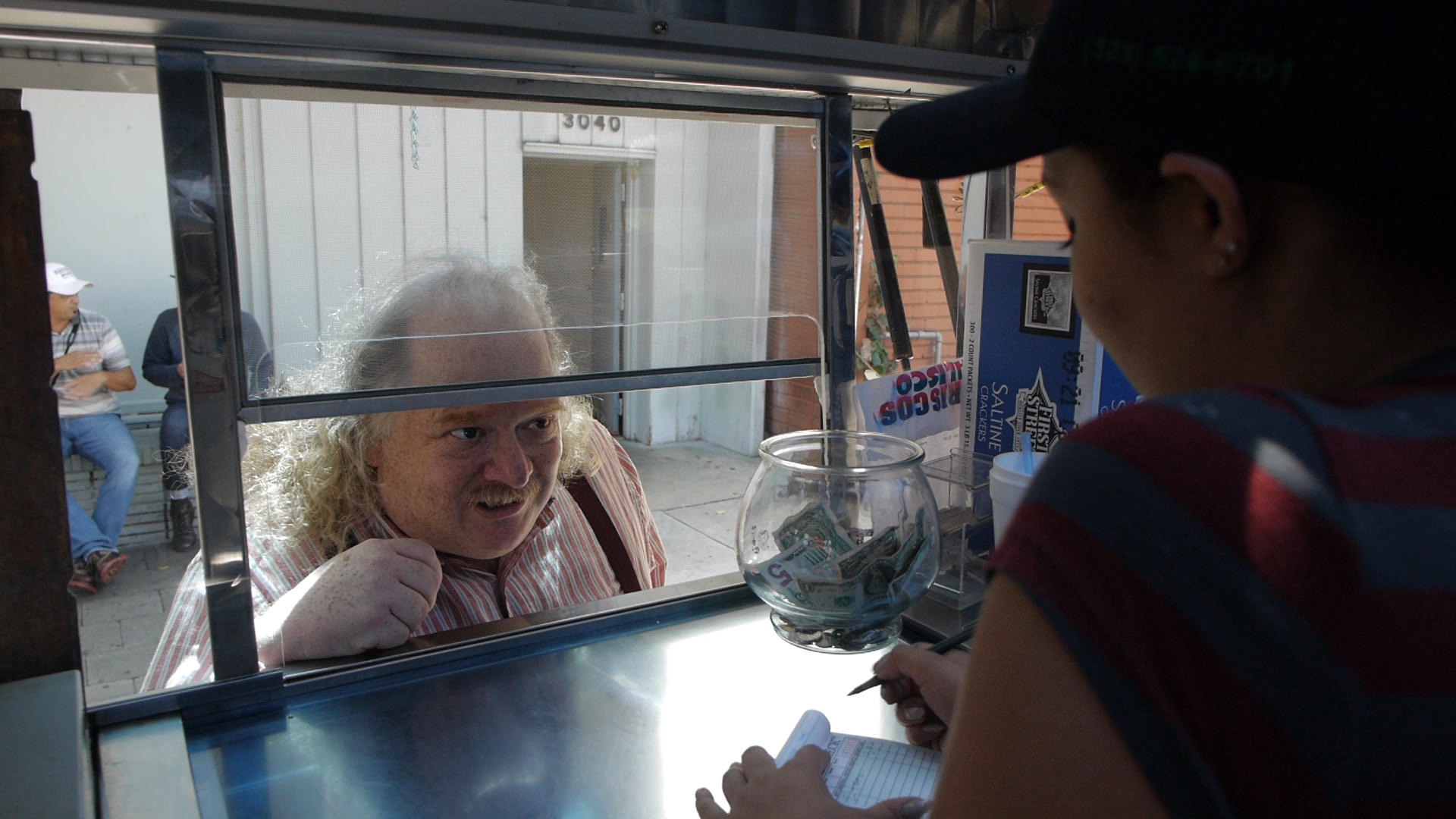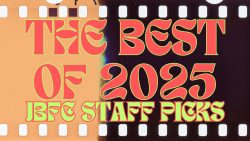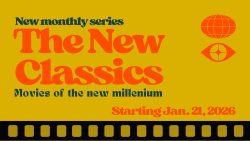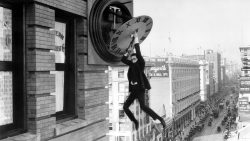Posted March 18, 2016
Jonathan Gold on Context in Criticism
By JBFC Programmer Gina Duncan
“Bistro K is almost too civilized on a busy Thursday night—a tiny, candlelit dining room with Ray Charles on the stereo, fresh flowers on linen tablecloths, couples bent over glasses of Beaujolais. Dinner-party groups of well-fed Pasadenans, the ones who haven’t quite scraped the Kerry/Edwards stickers off the bumpers of their Volvos, debate whether to have the apple tart or the sour-cherry clafouti for dessert. Sharp knives dissect partridge, wild hare and other buckshot-speckled delights rarely encountered outside of Dickens novels. Sea salt is sprinkled into a crock of pot au feu. A young woman dismantles a complex parfait of smoked eel, green apples and duck liver. I taste a grand-cru Alsatian riesling that has lain hidden in my basement for the past 15 years. I am beginning to like Bistro K. I am beginning to like it a lot.” (excerpt from Hare today…ant eggs tomorrow)
This cinematic opener, a vivid and active establishing shot, is typical Jonathan Gold. To read his criticism is to step into an unfamiliar scene guided by a trusty narrator (who happens to read Dickens and knows a lot about game). Eel and parfait are not two words often seen together, but within the context of this opening paragraph, the odd pairing seems less exotic, almost normal (“hey, I own a Volvo!”), and perhaps worth trying.
The first food critic to win the Pulitzer Prize, “for his zestful, wide ranging restaurant reviews, expressing the delight of an erudite eater,” Gold is a cultural anthropologist, whose appreciation of the people and circumstances from which the food he’s critiquing derives, is given as much weight as how it tastes. In this clip from Gold’s appearance here last month, he talks about the importance of providing context in food criticism.
City of Gold is now showing at the Burns. Get your tickets today!



